Owning a dog comes with many joys, but it also includes responsibilities such as ensuring their health and well-being. Some dog breeds are more prone to health issues than others, leading to higher veterinary costs. These expenses can accumulate over time due to frequent visits, treatments, surgeries, and ongoing care for chronic conditions. In 2024, understanding which breeds are likely to incur the highest vet bills can help prospective and current dog owners prepare financially and make informed decisions. This article explores ten dog breeds with the biggest vet bills, detailing why each breed fits this topic and the common health issues they face.
10. Great Dane
Great Danes are known for their giant size and gentle nature, but they are also prone to several health issues that can result in high vet bills. One of the most significant concerns is gastric dilatation-volvulus (GDV), commonly known as bloat, which is a life-threatening condition requiring emergency surgery. Additionally, Great Danes are susceptible to hip dysplasia, cardiomyopathy, and various types of cancer. Their large size also means that any treatment, including medications and surgeries, will cost more. Regular check-ups and preventive care are essential to manage their health and mitigate costs.

9. English Bulldog
English Bulldogs are beloved for their distinctive appearance and gentle disposition, but their unique physical traits contribute to various health problems. They are prone to brachycephalic syndrome due to their short snouts, leading to breathing difficulties that often require surgical intervention. Bulldogs also frequently suffer from hip dysplasia, skin infections, and allergies. Their wrinkled skin can harbor bacteria, necessitating regular cleaning and veterinary attention. These ongoing health issues result in frequent vet visits and high medical costs, making them one of the breeds with the biggest vet bills.
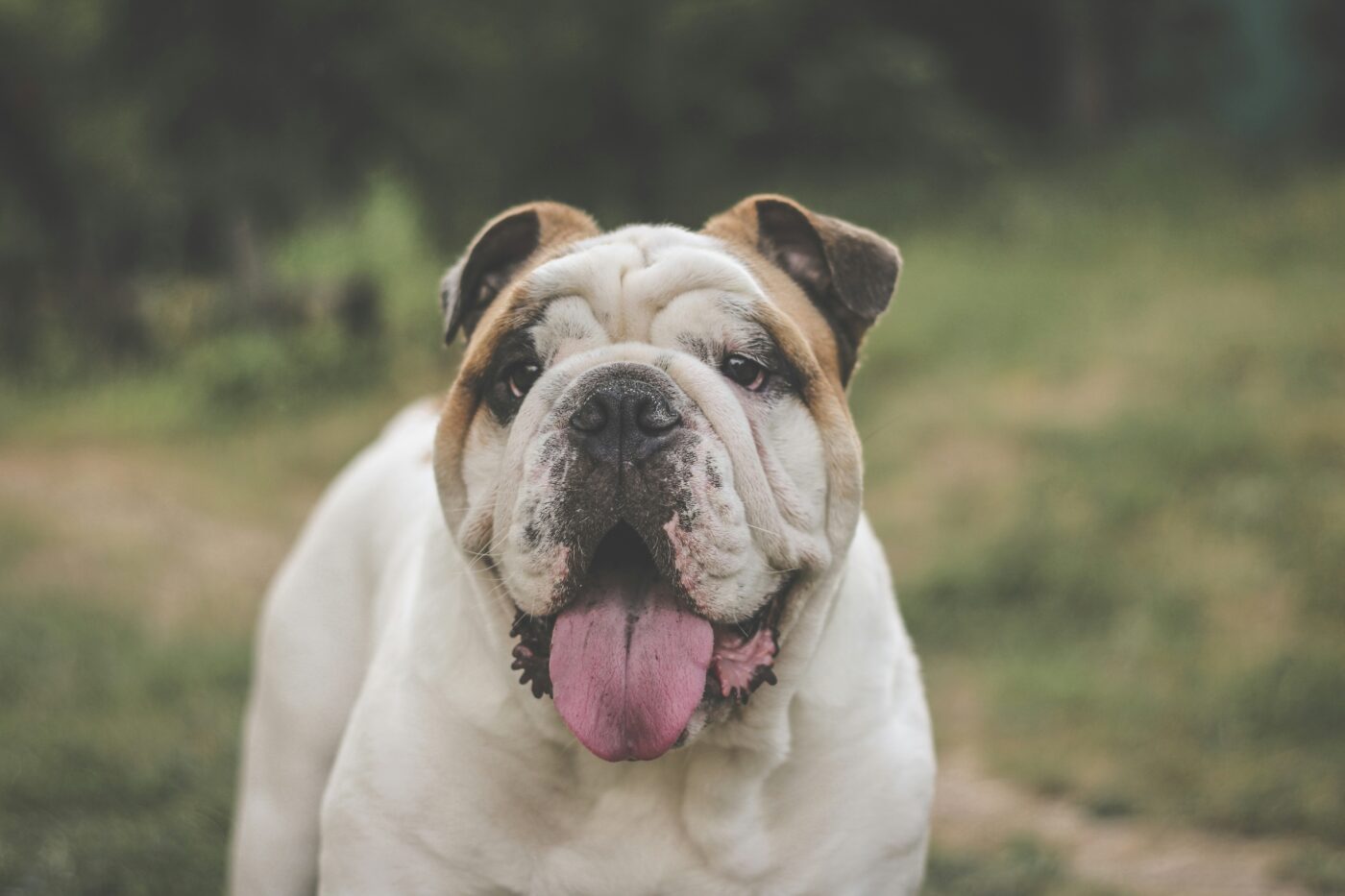
8. Bernese Mountain Dog
Bernese Mountain Dogs are large, affectionate dogs known for their friendly nature. However, they have a relatively short lifespan and are prone to several serious health conditions. They are highly susceptible to various forms of cancer, particularly histiocytic sarcoma, which requires expensive treatments such as chemotherapy. Bernese Mountain Dogs also commonly suffer from hip and elbow dysplasia, which can necessitate costly surgeries. Their size and predisposition to joint problems further contribute to high veterinary expenses. Regular screenings and preventive care are crucial for managing their health and reducing costs.

7. Rottweiler
Rottweilers are strong, loyal dogs with a protective nature, but they are also prone to several health issues that can lead to significant vet bills. One major concern is hip and elbow dysplasia, which often requires surgery. Rottweilers are also susceptible to osteosarcoma, a type of bone cancer, and other cancers that necessitate costly treatments. Heart problems, such as aortic stenosis, are also common in this breed. Regular veterinary check-ups, early diagnosis, and preventive care are essential for managing their health and mitigating high costs.

6. Boxer
Boxers are energetic and affectionate dogs, but their playful nature predisposes them to several health issues. Boxers are prone to various types of cancer, including mast cell tumors and lymphoma, which require expensive treatments. They also frequently suffer from heart conditions such as cardiomyopathy and aortic stenosis. Boxers can be prone to hip dysplasia and degenerative myelopathy, both of which require ongoing veterinary care. Their short snouts also make them susceptible to breathing problems, further adding to veterinary costs. Regular health screenings and preventive care are vital for this breed.

5. French Bulldog
French Bulldogs are popular for their compact size and charming personalities, but they are also known for their extensive health issues. Their brachycephalic (short-nosed) structure makes them prone to breathing difficulties, which often require surgical correction. French Bulldogs also suffer from skin conditions, allergies, and hip dysplasia. Their unique build can lead to spinal issues, such as intervertebral disc disease, necessitating costly treatments. Regular veterinary visits, careful monitoring, and preventive care are essential to manage their health and keep costs under control.
4. Labrador Retriever
Labrador Retrievers are among the most popular breeds due to their friendly and loyal nature, but they are also prone to several health problems. Common issues include hip and elbow dysplasia, which can require expensive surgeries. Labradors are also susceptible to obesity, which can lead to diabetes and other related health problems. Ear infections, allergies, and heart conditions like tricuspid valve dysplasia are also common in this breed. Regular veterinary check-ups, a balanced diet, and proper exercise are crucial to manage their health and reduce veterinary costs.
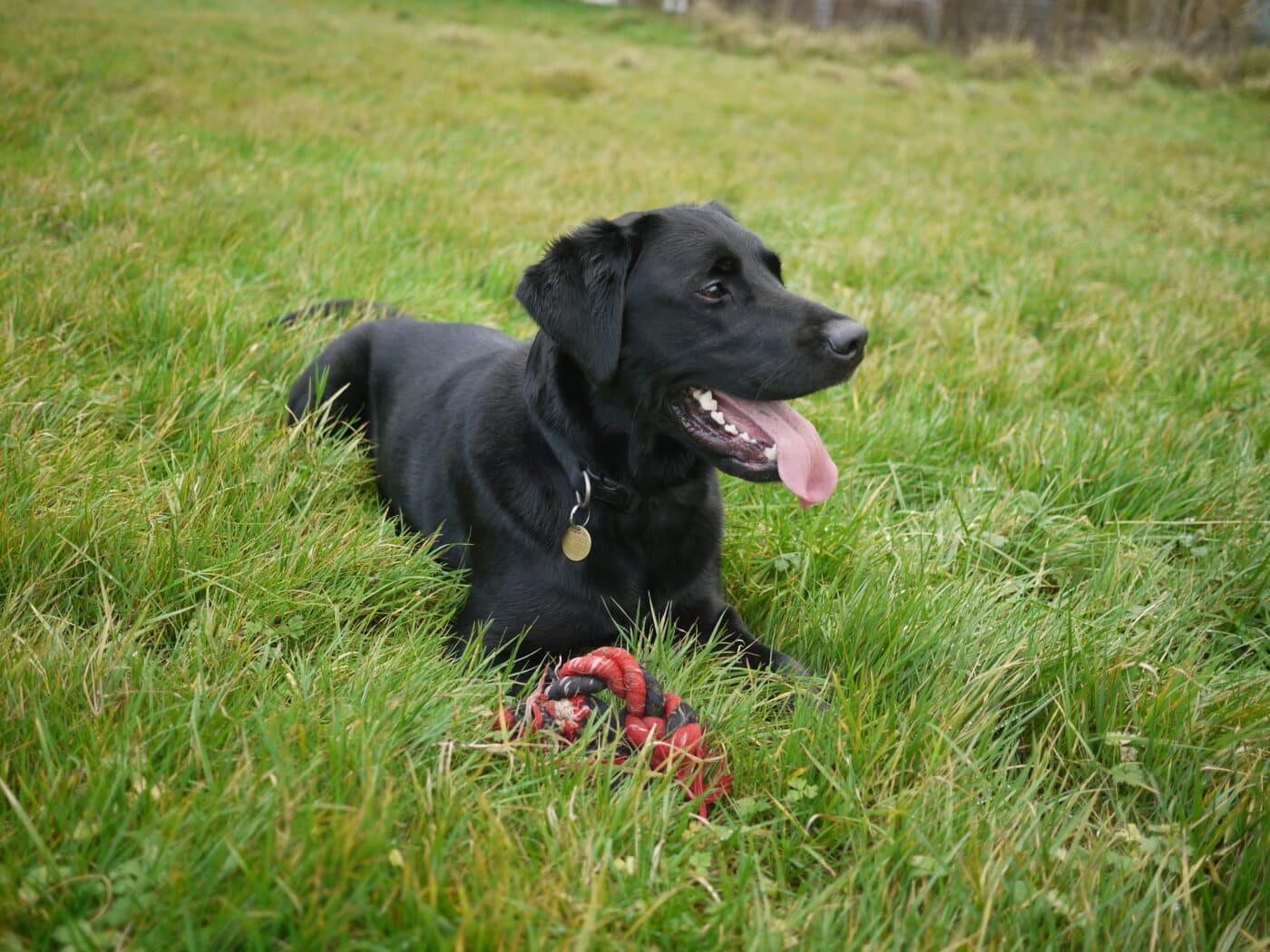
3. Golden Retriever
Golden Retrievers are known for their friendly and gentle nature, but they are also prone to numerous health issues. They are highly susceptible to cancer, particularly hemangiosarcoma and lymphoma, which require costly treatments such as chemotherapy. Hip dysplasia, elbow dysplasia, and heart problems like subvalvular aortic stenosis are also common. Golden Retrievers frequently suffer from skin conditions and allergies, necessitating ongoing veterinary care. Regular screenings, preventive measures, and a healthy lifestyle are essential to manage their health and mitigate high veterinary expenses.
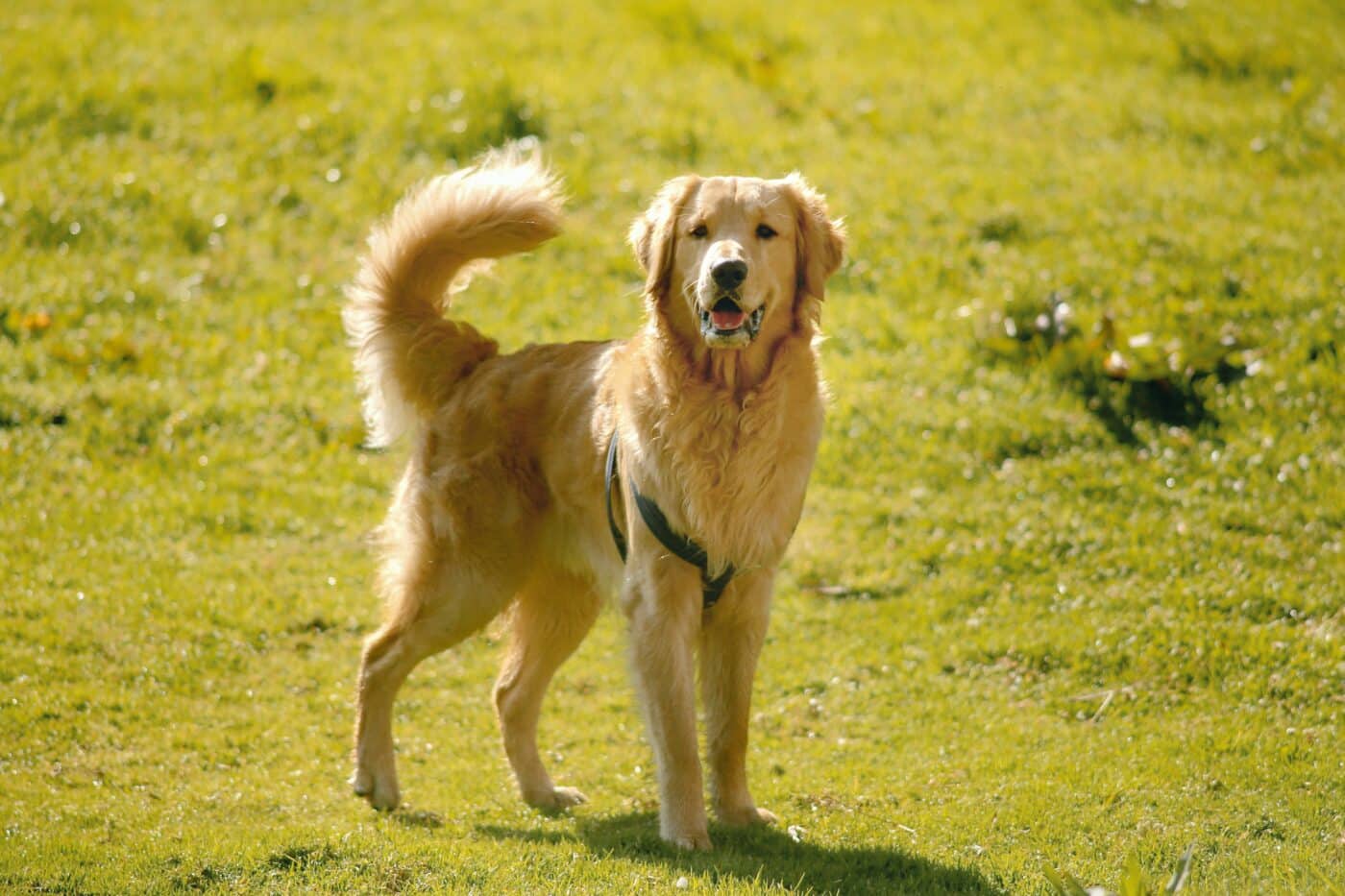
2. German Shepherd
German Shepherds are intelligent and versatile working dogs, but they are predisposed to several health issues that can result in significant vet bills. Hip and elbow dysplasia are common in this breed, often requiring surgery. German Shepherds are also prone to degenerative myelopathy, a progressive spinal cord disease that requires ongoing treatment. They can suffer from various autoimmune diseases and skin conditions, necessitating frequent veterinary care. Regular check-ups, early diagnosis, and preventive care are crucial for managing their health and reducing costs.
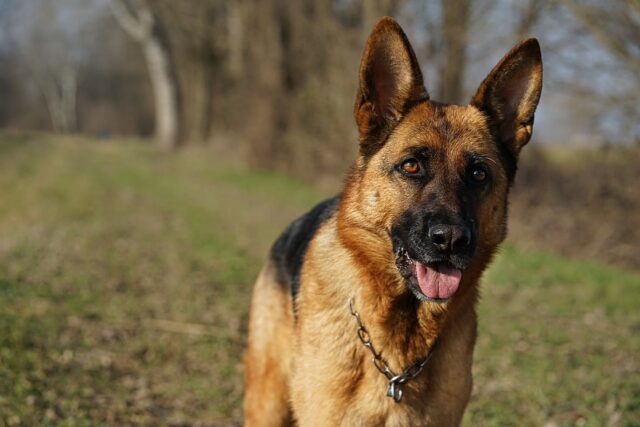
1. Newfoundland
Newfoundlands are gentle giants known for their sweet nature and loyalty, but their large size contributes to numerous health problems and high veterinary costs. They are highly prone to hip and elbow dysplasia, which often requires expensive surgeries. Newfoundlands are also susceptible to heart conditions such as subvalvular aortic stenosis and dilated cardiomyopathy, necessitating ongoing treatment. Their thick coats can lead to skin infections and allergies, further adding to veterinary expenses. Regular health screenings, a balanced diet, and proper exercise are essential for managing their health and reducing veterinary costs.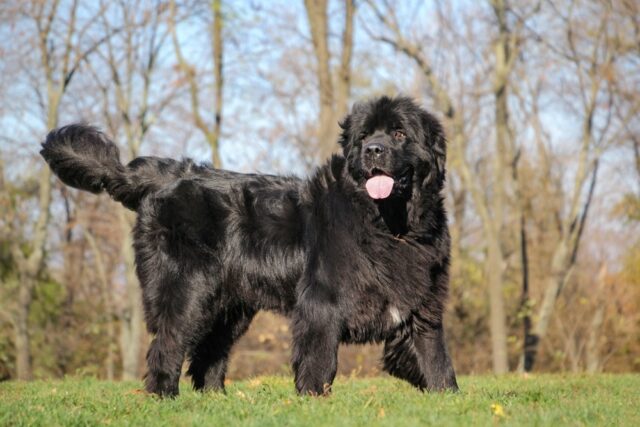
In conclusion, these ten dog breeds are particularly prone to health issues that result in high veterinary costs. Regular check-ups, preventive care, and early diagnosis are crucial for managing their health and mitigating expenses. Prospective and current dog owners should know these potential costs and prepare to ensure their pets receive the best care possible. By understanding these breeds’ specific health needs and predispositions, owners can provide a loving and healthy environment for their furry companions.
